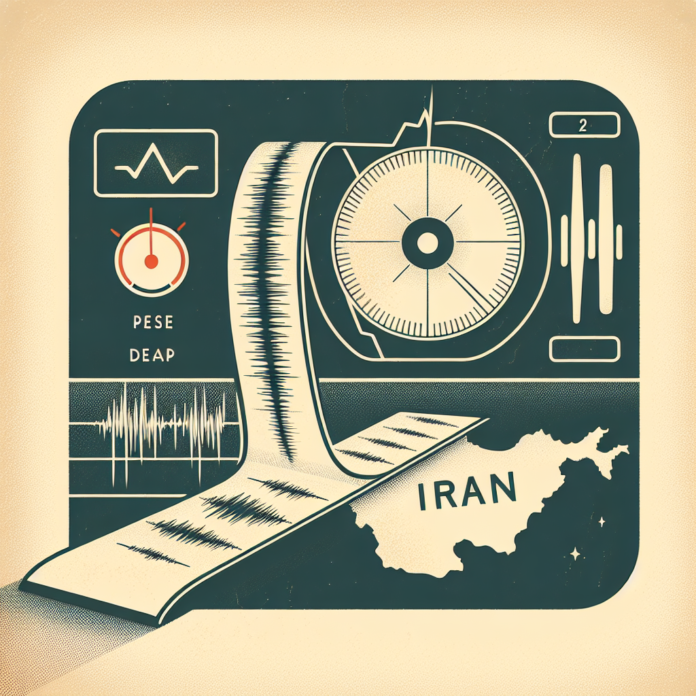Possible Underground Nuclear Test in Iran Raises Concerns
Speculation Surrounds Possible Underground Nuclear Test in Iran
Recent seismic activity in Iran has sparked widespread speculation about a potential underground nuclear test conducted by the country. On Saturday night, a measurable earthquake was reported in a region known for its seismic instability, leading experts and international observers to question whether the tremor was naturally occurring or a result of human activity.
Seismic Event Raises Questions
The earthquake, which registered a magnitude consistent with underground nuclear activities, has drawn attention from global monitoring agencies. These agencies employ a variety of techniques, including seismic, acoustic, and satellite imaging, to detect nuclear tests. While the region is seismically active, the characteristics of this particular tremor have raised suspicions.
International Concerns
The potential for Iran to conduct nuclear tests is a matter of significant concern for the international community. Iran has been under scrutiny for its nuclear program, with many countries fearing that it aims to develop nuclear weapons. Any evidence of nuclear testing would likely exacerbate tensions in the Middle East and could lead to increased sanctions or other diplomatic actions.
Iran’s Nuclear Program
Iran has consistently maintained that its nuclear program is for peaceful purposes, such as energy production and medical research. However, the lack of transparency and restrictions on international inspections have led to skepticism and worry among other nations. The Joint Comprehensive Plan of Action (JCPOA), an agreement aimed at curbing Iran’s nuclear capabilities in exchange for lifting economic sanctions, has been a focal point of international negotiations. Recent developments have put the future of this agreement in jeopardy.
Monitoring Efforts
Countries around the world, including the United States and members of the European Union, are closely monitoring the situation. The Comprehensive Nuclear-Test-Ban Treaty Organization (CTBTO) is likely to play a key role in investigating the seismic event. The CTBTO maintains a vast network of monitoring stations designed to detect any nuclear explosions worldwide.
Potential Outcomes
If it is determined that the earthquake was indeed caused by an underground nuclear test, this could have significant geopolitical ramifications. It might lead to a renewed push for diplomatic talks or, conversely, increase the likelihood of military interventions. The international community will need to balance the need for security with diplomatic efforts to prevent further escalation.
In conclusion, while it remains uncertain whether Iran conducted an underground nuclear test, the seismic activity has undoubtedly raised concerns. The situation underscores the ongoing complexities of nuclear diplomacy and the importance of monitoring and verification in maintaining global security. As investigations continue, the world watches closely for any developments that may provide clarity on this potentially pivotal event.

